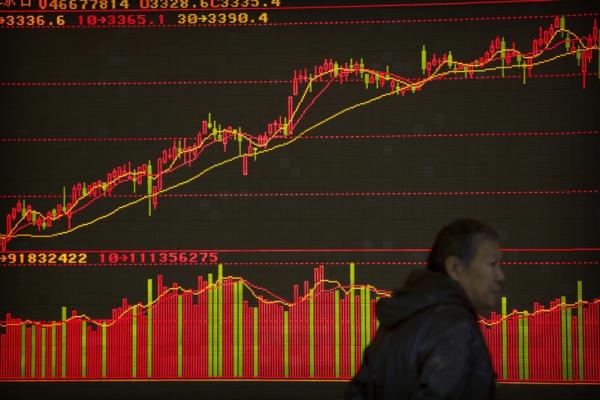By Ambar Warrick
Investing.com-- Most Asian currencies fell on Thursday, taking little support from a recent dip in the dollar as fears of rising interest rates and a looming recession kept the greenback close to 20-year highs.
The dollar index rose 0.7% to 113.30, while dollar index futures added 0.6% after marking their sharpest fall in 1-½ months on Wednesday.
While the dip in the dollar did allow most Asian currencies to recover slightly, they remained pinned near multi-year lows on expectations of more dollar appreciation.
China’s offshore yuan fell 0.5%, and remained close to a record low hit on Wednesday, while the onshore yuan traded slightly above levels last seen during the 2008 financial crisis.
Deep depreciation in the yuan prompted the Chinese central bank to reiterate its commitment to supporting the yuan and maintaining stability in currency markets. ING analysts said the move made it “pretty clear” that the People’s Bank of China will now act decisively in preventing further losses in the currency.
The Japanese yen fell 0.2%, and remained just above a 24-year low, while the Indian rupee hovered below a record low.
Indian markets are now awaiting an interest rate decision by the central bank on Friday. The Reserve Bank of India is broadly expected to hike interest rates by 50 basis points as it moves to control inflation and support its beleaguered currency.
The Thai Baht and the South Korean won were among the worst-performing Asian currencies on Thursday, dropping about 1% and 0.8%, respectively. The baht retreated as the central bank’s widely expected 25 basis point hike on Wednesday disappointed some traders who believed more action was warranted.
Thai inflation touched a 14-year high this year, while the baht traded in a 16-year trough.
Rising interest rates severely dented Asian markets this year, as the gap between risky and low-risk debt narrowed. Traders are now positioning for even more rate hikes after commitments from both the Federal Reserve and the European Central Bank.
The Bank of England also intervened in bond markets on Wednesday, and is expected to keep hiking rates sharply to fish the pound from record lows.
